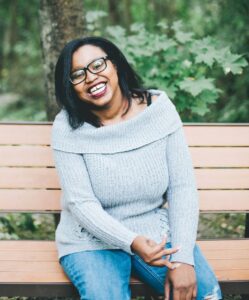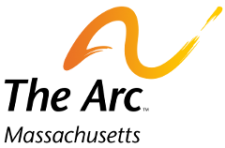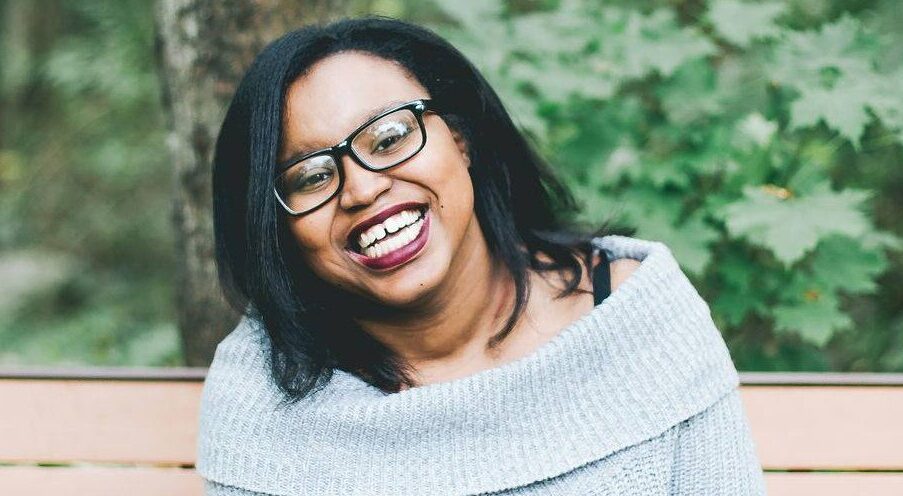“Keah Brown loves herself, but that hadn’t always been the case.”
That’s how her webpage begins. I found Keah, an author, actress, screenwriter, and journalist with cerebral palsy, through her essay in the anthology You Are Your Best Thing: Vulnerability, Shame Resilience, and the Black Experience.
February is Black History Month, and my hope this month was to share a personal perspective on the intersection of being Black and having a disability.
 Keah “always loved being Black,” but she notes that at age 12, “a classmate … mocking the fact that I walked with a limp … was earth-shattering, fueling a self-hatred with the shame of being different, undesirable, and invisible.”
Keah “always loved being Black,” but she notes that at age 12, “a classmate … mocking the fact that I walked with a limp … was earth-shattering, fueling a self-hatred with the shame of being different, undesirable, and invisible.”
Later in the essay, she quotes Malcolm X from 1962: “The most unprotected person in America is the Black woman.”
Think about this for a minute. We talk about the vulnerability of persons with disabilities. But how often do we think of the vulnerability that race has posed?
Camille Busette of the Brookings Institute has written, “It is virtually guaranteed that if you are poor, male, African-American or Native-American, you have a disproportionally high likelihood of ending up in prison, unemployed, or both.”
Keah’s message moved me, and it should move all of us. We must appreciate the depth of rejection that persons must overcome when facing racism and ableism.
Fortunately, Keah eventually began on a journey toward self-love and she carries a message of hope.
Yet we learn from her that we need to collectively face down all barriers that individuals with disabilities face if we are to “foster social inclusion, self-determination, and equity across all aspects of society.”
- You Are Your Best Thing: Vulnerability, Shame Resilience, and the Black Experience, edited by T. Burke and B. Brown, published in 2021 by Random House.




